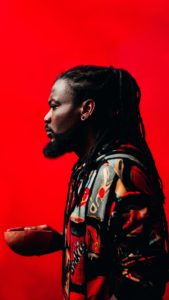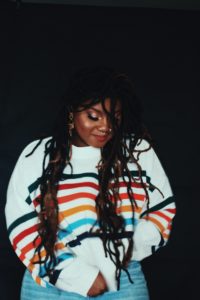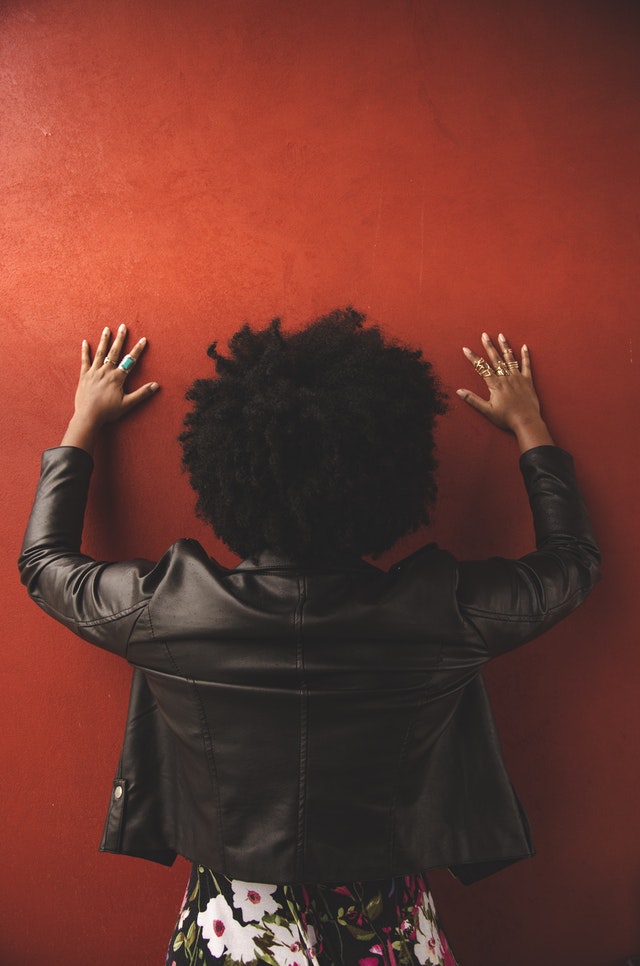
“Christmas 2010, I was sharing with my granny my thoughts of doing the ‘Big Chop’ and starting my natural hair journey. Her response, “oh Sophie, why?! Don’t you know your [long] hair is your crown?!” In Grandma’s opinion, a woman should desire their hair to grow long, talk less of sporting a level 1 cut. A teeny weeny afro (twa) didn’t seem very feminine. I guess it reminded her of boarding schools back home (in Ghana), or maybe she was subconsciously projecting Eurocentric standards of beauty and femininity – most likely a mixture of both.“
Hair in the black community is exciting and dynamic, with deep-rooted history and familial stories. Our hairstyles display creativity. The topic of hair and identity for black people is always interesting, and often cannot be discussed without looking at historical slavery/colonialism, racism and sexism.
For some reason, I am often drawn back to the legendary India Arie song ‘I am not my hair’ whenever this topic arises. The song contributed to my growing desire to end my relationship with the ‘creamy crack’ and cut off those limp strands. I didn’t hate my hair, but I heard Auntie India tell me that people would always judge me by my hair if I allowed it to be my main identifier. The ability to change and experiment with my hair was a way of expression. However, we are not always free to express ourselves.
‘…Then I couldn’t get no job ’cause the corporate wouldn’t hire no dreadlocks…’
In 2019 the state of California was the ‘first State to ban discrimination on natural hair’. There was an applause from many on news outlets and social media. Immediately, my thoughts were that of confusion and then sadness. A state would have to pass legislation for people to freely wear the hair that naturally grew from their scalp, without fear of being treated differently- it was astonishing to me! I guess laws like these are important in combating issues like the Dallas teen who was not permitted to walk the graduate stage unless he cut off his dreadlocks, due to a 30-year-old policy. It seems that not much has changed from the ages before us. In her book, Hair Raising: Beauty, Culture, and African American Women (1996) Noliwe Rooks says, “Hair in 1976 spoke to racial identity politics … Its style could lead to acceptance or rejection from certain groups and social classes, and its styling could provide the possibility of a career” – or not in some cases.
Even today we are seeing how hairstyles communicate and are perceived, especially by groups of people who do not adorn the same style. Some see black people’s hair as ‘bad hair’, ‘unkempt’ or ‘too big’, where many have been discriminated against during recruitment processes. If they do get the job, discrimination often occurs within the workplace. Many black people across the diaspora have shared experiences and their conversations of hair in the workplace.
“Hair is beauty. Hair is emotion. Hair is heritage.”
(quote from Self Made: Inspired by the Life of Madam C.J. Walker)
There are numerous examples of my peers and I wearing wigs or getting a sew-in for an upcoming interview or not wear a twisted or curly hairstyle to the office to save themselves from the looks and interesting comments made. Black hair means and says so much to the degree that it sometimes offends.
Shortly after installing my starter locs, we had a family wedding to attend. My husband’s family are Nigerian, and if you know anything about their culture, it is exciting and vibrant! As preparation for outfits and makeup began, I knew I would be wearing a wig over my twists. Nothing to do with not loving my hair, or my husband (who actually told me to rock it with pride) but because I knew the expectation of many within the culture – my silky straight Peruvian weave. Wearing a wig over your locs when you want to change your style can be a great option. However, in this instance, it was more of a subtle pressure to appease culture, to meet hair and beauty standards.
Locs are currently a part of my identity, my hair always has been. People may receive a different message from the one I intend to send but either way, my hair will always say something. Right now my locs say “I AM FREE!” Free of lengthy washing and frequent styling sessions. Free of failed twist outs (though I looked at pictures of the winners and smiled with pride)! Free to let my hair be. Unless I personally want a style change, I do not think I will be wearing a wig anytime soon.
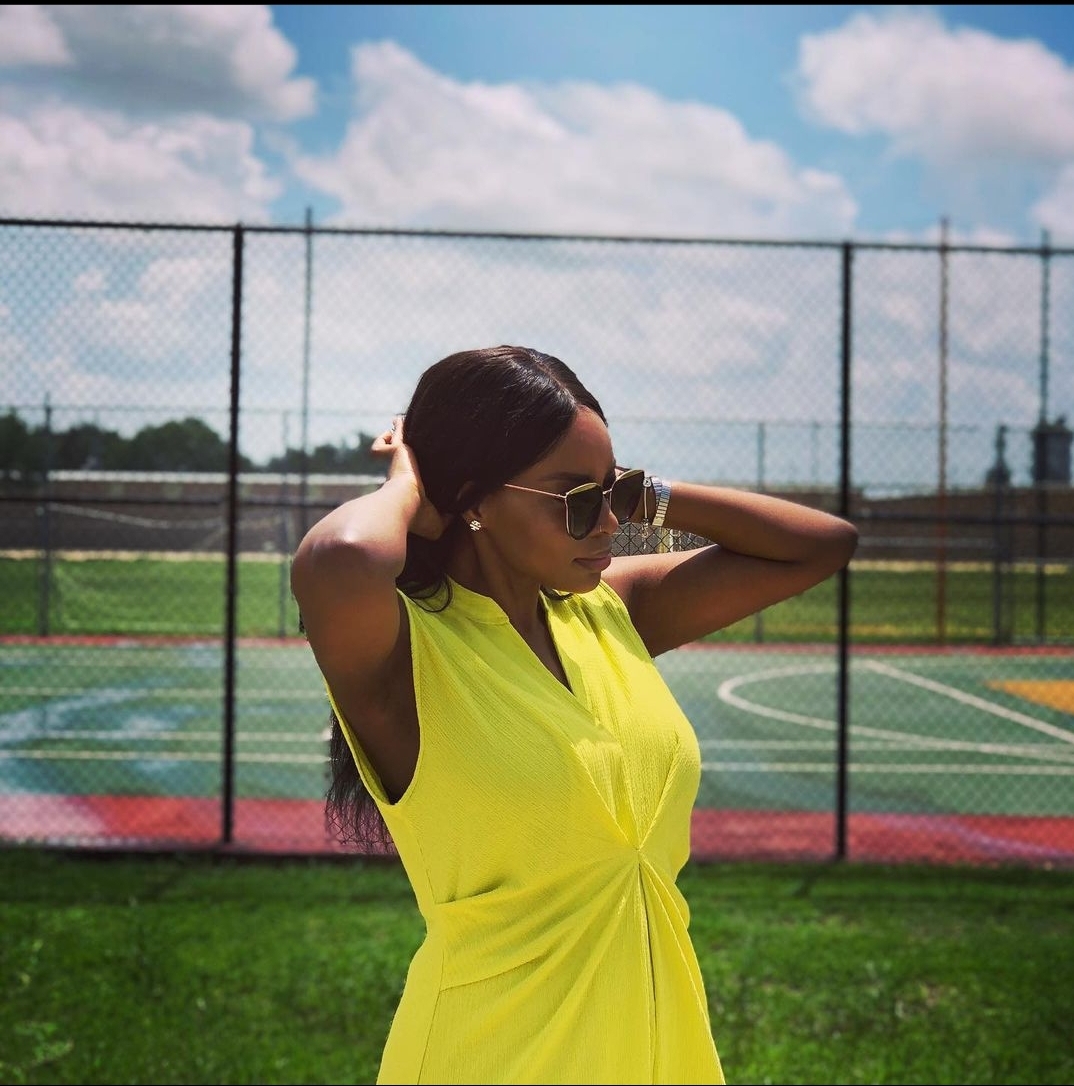
Wig over my starter locs 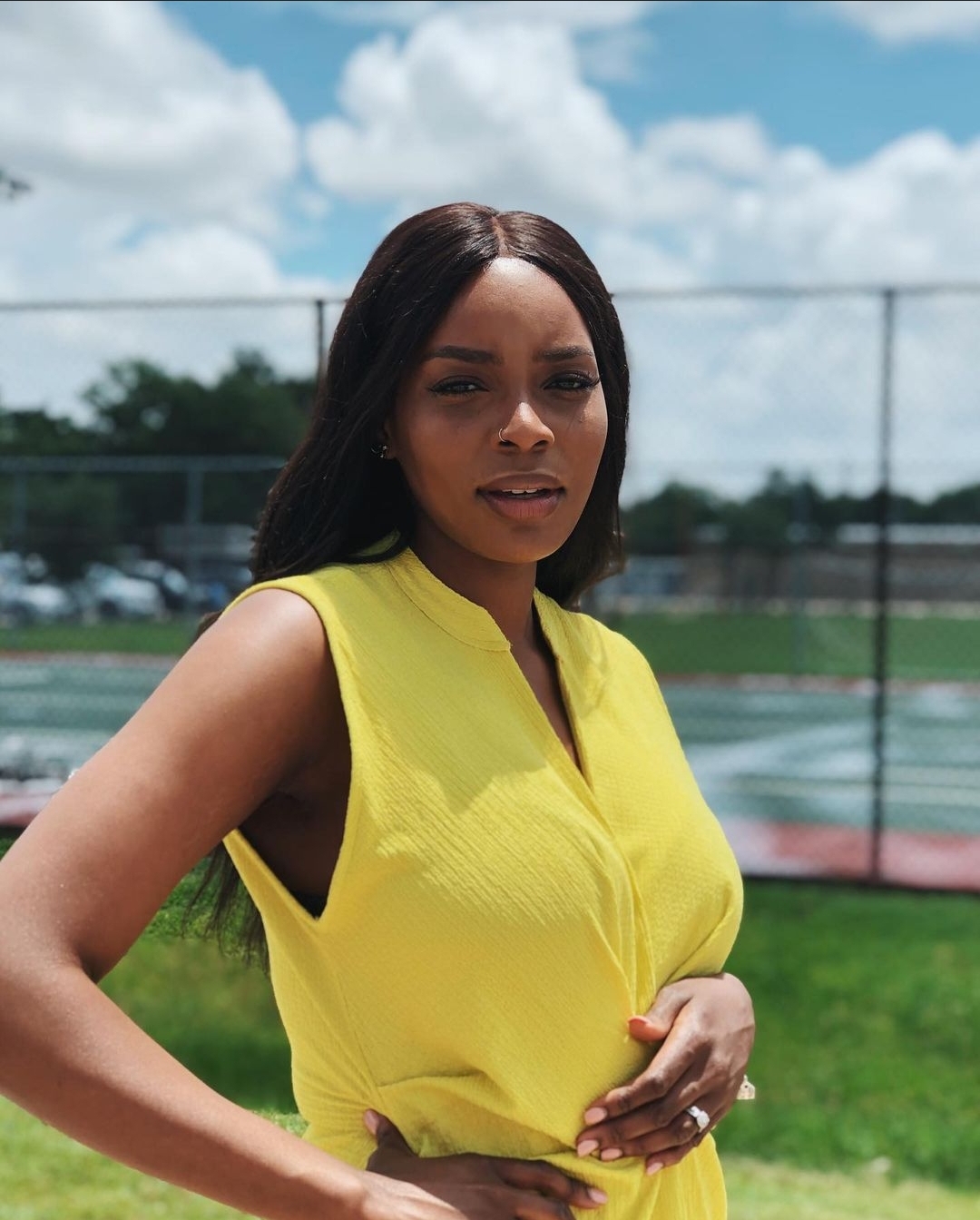
Wig over my starter locs
‘…I am not my hair…I am not your expectations no…I am the soul that lives within…’
As Rooks (1996) quotes, hair is a ‘bonding between African American women’ and all black women. Earlier this year Good Loc Day shared this quote on Instagram, “Our Hair is a statement of style, affirmation of beauty, and an expression of self-love” (Ademola Mandella). It is so important to teach our younger brothers, sisters, nieces, nephews, sons and daughters, that they are beautiful, image-bearers of God. Every aspect of them. Including the hair that grows from their head. This isn’t a role for black mothers alone, and we are seeing more fathers share and celebrate the beauty of their children’s hair (watch this beautiful short animation called ‘Hair Love’).
‘…Good hair means curls and weaves (no), bad hair means you look like a slave (no)…’
Evidently, as an adult, I still recall the lyrics to Auntie Arie’s song. Maturity has developed my understanding of what was being communicated. No matter what you have on your head; kinky, coily, Rasta, straight, bald head- those ways of presenting yourself to the world do not determine who you are inside. It might sound airy-fairy, but I honestly agree. The hair on my head has taken many different forms along my (short) years, which I have loved. I am not my hair. My hair is a part of ME.
Let’s discuss in the comments below. What are your thoughts on hair and identity? Have you always been proud of your hair?
#Locs #CulturalIdentity #NaturalHair #BlackHair
Proverbs 16:31 Gray hair is a crown of glory; it is gained in a righteous life.



